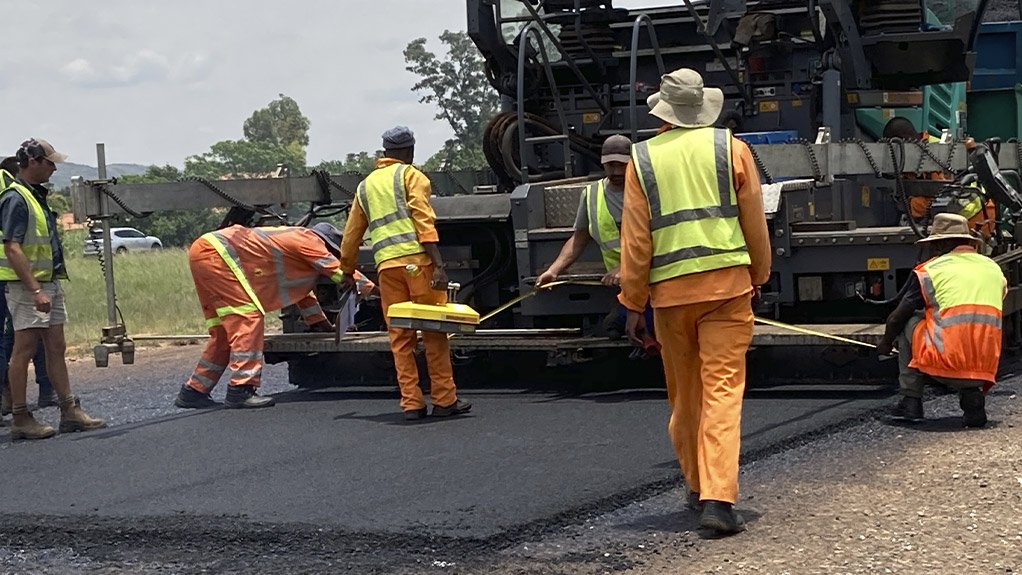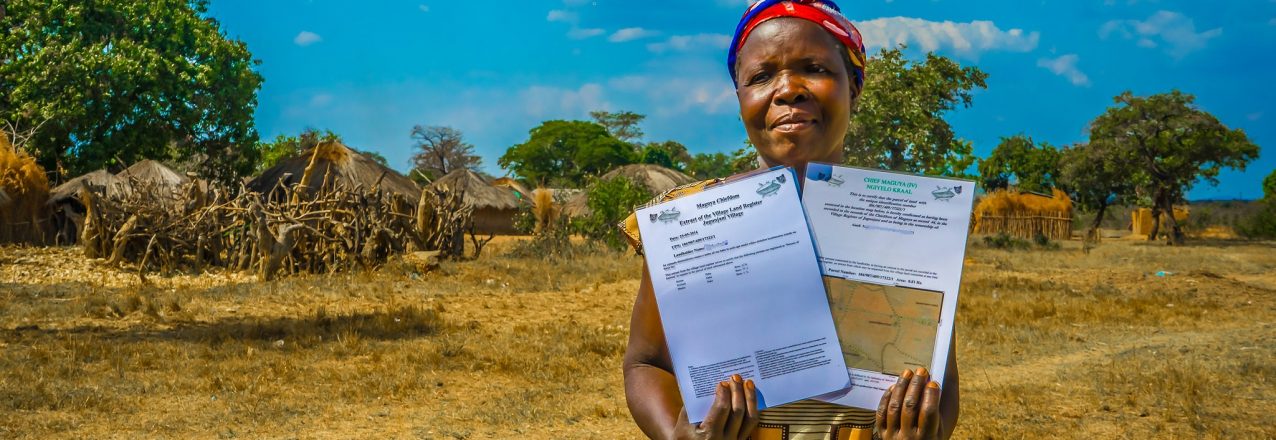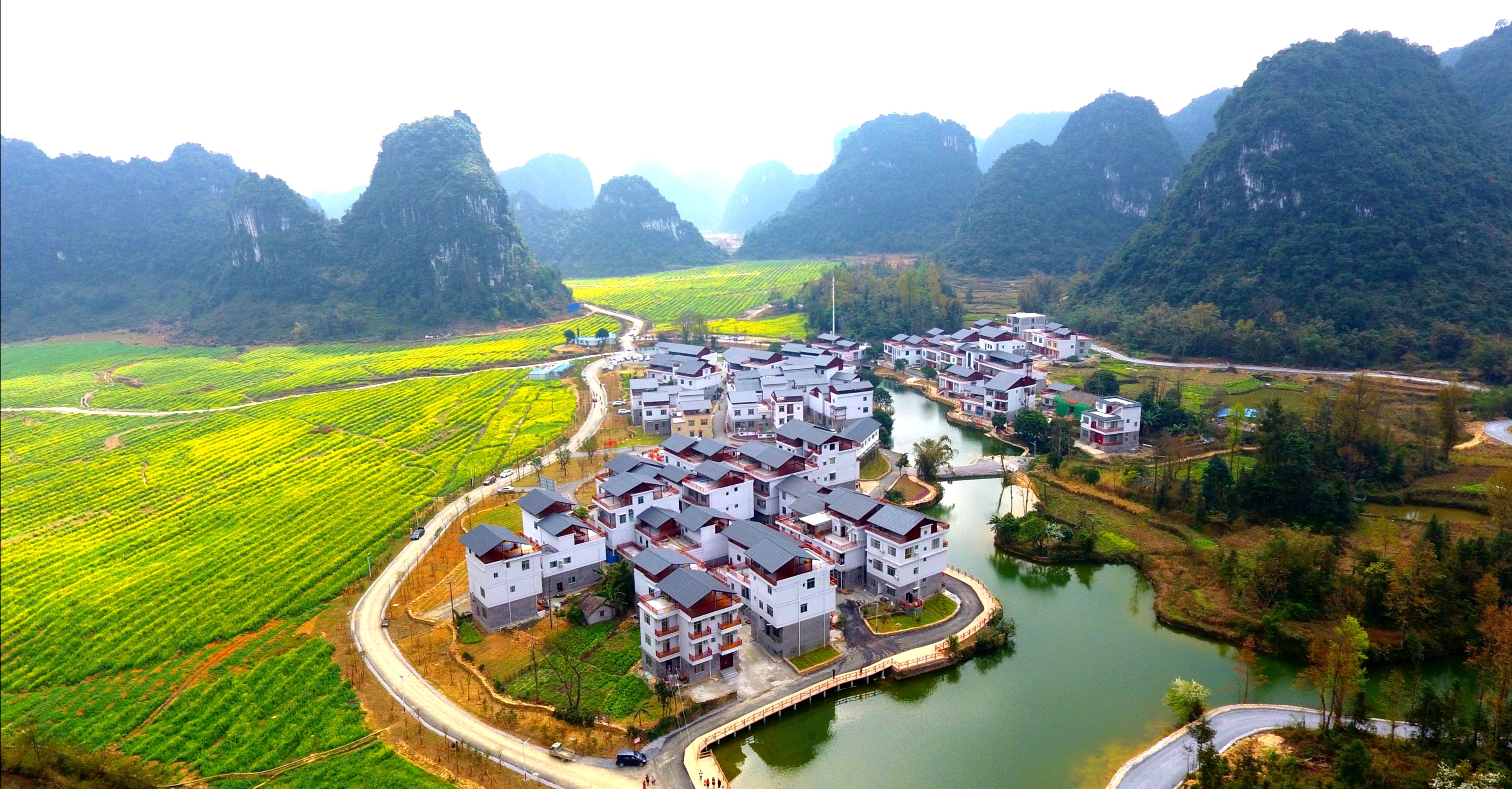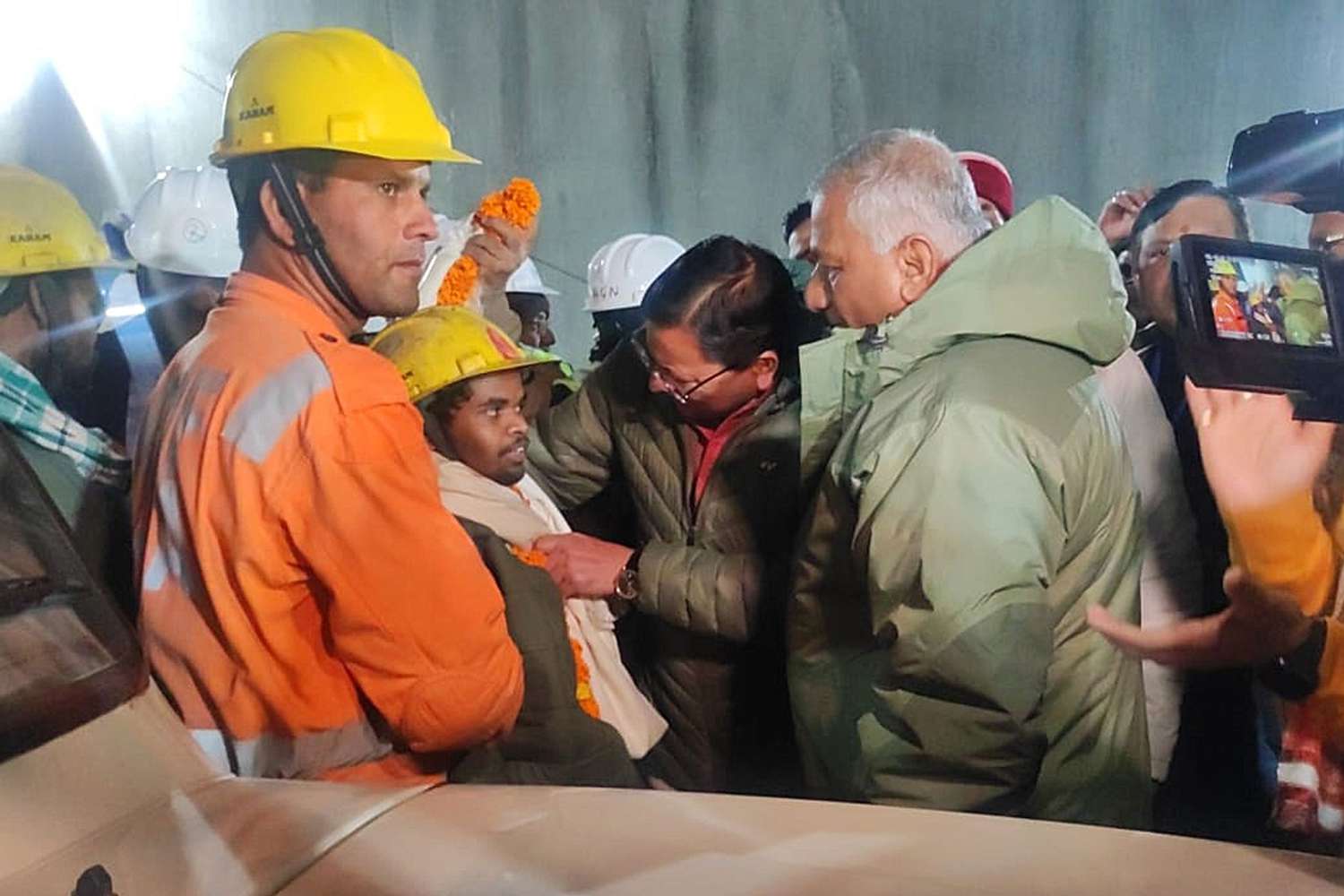Preserving the Past, Building the Future: The Untold Story of Rural Community Revitalization
Rural communities are an essential part of any country’s social and economic fabric. Unfortunately these areas are often overlooked when it comes to development initiatives. Rural areas face a multitude of challenges ranging from poor infrastructure and lack of access to basic services to diminishing economies and social disconnect. All of these add up to create a scenario of declining rural development thereby calling for the need for a renewed focus on revitalizing rural communities.
Rural economies heavily rely on agriculture and other primary sectors. However these sectors face the challenges of low productivity inefficient supply chains and depleting natural resources. Furthermore reduced access to financial and market resources inhibits economic growth. The decline of rural economies also has a ripple effect on the overall social and economic development of the region which highlights the need to empower and strengthen rural communities.
Economic Empowerment
Promoting sustainable agriculture practices can contribute to the development of rural economies. Sustainable agriculture includes the conservation of natural resources the use of alternative power sources reducing the use of harmful pesticides and promoting crop diversification. Adopting sustainable practices can increase productivity reduce input costs and improve the quality of products. This way rural communities can compete in the market and establish a reliable source of income.
Entrepreneurship support programs can encourage business growth in rural areas. The programs could include providing business training financial support and mentorship. Cooperative businesses and small start-ups can also be given incentives to establish themselves in rural areas creating a conducive environment for economic growth and employment opportunities.
Infrastructure Development

Infrastructure development is essential for rural communities to address the challenges of poor connectivity and limited access to digital technologies. Internet connectivity can help rural areas access information markets and resources for education and health. Digital technologies also facilitate rural entrepreneurs to expand their businesses online.
Upgrading Basic Services (Healthcare Education)
Check this out: giving basic services in rural spots a major boost can really kickstart some awesome changes. Here’s how it rolls out:
- Better Healthcare Equals Stronger Workforce: When folks are healthy they can work better and harder. It’s a no-brainer right? Better clinics and hospitals mean fewer sick days and more power to the people!
- Education is Key: With schools getting the latest tools and tech kids can learn the stuff they need to nail jobs in the future. This isn't just about reading and math; it's about getting savvy with computers and learning skills that businesses are crazy about.
- Healthy Bodies Smarter Minds: It’s simple – when people aren’t worrying about getting sick because they've got good doctors and nurses nearby they can focus on learning new things and crushing them at work.
- Long-Term Payoff: Investing in health and education now means rural communities can play a bigger game in the economy later. It’s like planting seeds that grow into money-making trees down the line.
Heritage Preservation
Cultural heritage initiatives can attract tourists and promote economic growth in rural areas. Various cultural activities such as handicrafts and traditional knowledge can create niche markets for rural areas. Cultural heritage also holds significance for rural communities and can contribute to community pride and identity.
Tourism Development

Rural areas are buzzing as the next big thing for travelers seeking something different! These places are brimming with activities that'll give you a taste of the great outdoors the whispers of history and the heartbeat of local traditions. Ecotourism is on the rise inviting visitors to immerse themselves in pristine natural beauty while treading lightly on the earth. Historic sites aren't just old buildings; they're time machines that tell tales of days long past and they're right in our backyard.
Cultural festivities bring to life the vibrant traditions that are the soul of these communities. This isn't just about having a good time; it's a game-changer for the locals. As tourists flock in jobs sprout up like wildflowers after a spring rain cultural treasures get the spotlight they deserve and the cash registers in local businesses start ringing more often. It's a win-win: travelers get an unforgettable experience and rural towns get a fresh splash of economic energy. So let’s map out the rural roads less traveled and discover the untapped potential they hold for tourists and towns alike!
Community Engagement
Local participation in decision-making processes can help achieve sustainable rural development. Local community members can work together to create a vision for their communities set priorities and implement development activities.
Social bonds between community members are crucial for building a cohesive and resilient community. Celebration of cultural festivals community gatherings and sports events can foster social bonds and promote community harmony.
Environmental Sustainability
Conservation and eco-friendly practices for rural development can promote sustainable use of natural resources. These practices could involve the restoration of degraded lands reducing greenhouse gas emissions and minimizing pollution.
Renewable Energy Integration
Renewable energy integration can provide rural communities with self-sufficiency in their energy needs. It can also support the development of sustainable rural industries by reducing energy costs.
Government Policies and Support
Big news: the government is rolling out the red carpet for rural development and it's a game-changer! With smart policies that hand out perks like tax breaks it's like giving a high-five to folks who invest in rural areas. Think of low-interest loans as a super-boost making it easier for new businesses to set up shop among the green fields and open skies. And hey let’s talk about those grants – they’re like a treasure chest for kickstarting cool projects that can light up small-town economies.
But wait there's more! The government isn't just tossing benefits from afar; it's becoming the biggest cheerleader for these communities. By shining a spotlight on rural areas in the national conversation it's like saying "Hey these places matter!" This support isn't just talk; it's about taking action and backing initiatives that can turn rural dreams into reality. So get ready for a countryside that's buzzing with activity because when the government steps up to the plate it's a whole new ball game for rural development!
Advocacy for Rural Empowerment

When the government takes a stand for rural empowerment it's not just about adding a point to a meeting's agenda. It's about recognizing the rich tapestry of life and potential in these areas. By spotlighting the critical role of rural communities in the nation's fabric leaders can channel more energy and resources into initiatives that fuel growth. This advocacy goes beyond lip service; it's an active commitment to bolstering the foundations of these communities ensuring they thrive and contribute significantly to the broader tapestry of national prosperity.
In conclusion revitalizing rural communities is essential for sustainable economic and social development. To achieve this objective it is essential to empower rural communities through sustainable agriculture practices entrepreneurship support programs infrastructure development heritage preservation community engagement environmental sustainability and government policies. We must all take responsibility and be part of this solution. By doing so we can create a more inclusive equitable and sustainable future for all.






